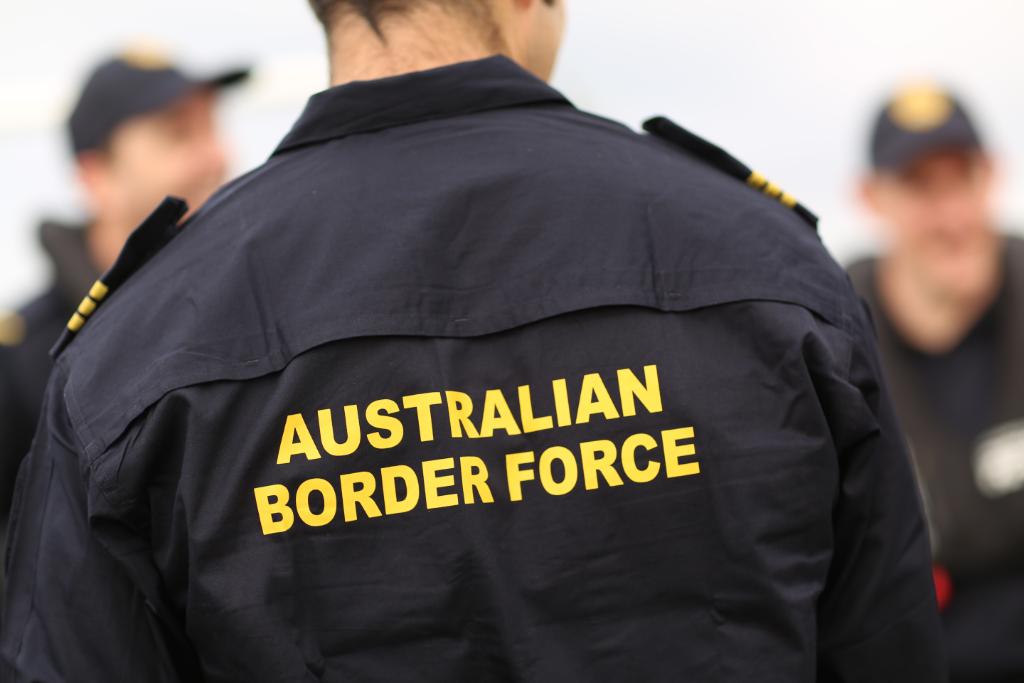The Allan Labor Government is backing more culturally relevant training for First Nations Victorians through continued investment in Victoria’s vocational education and training sector.
Minister for Skills and TAFE Gayle Tierney today visited the Rumbalara Aboriginal Co-operative farm in Mooroopna to announce more than $6 million in funding towards nine projects that will expand the skills and training pathways for First Nations Victorians.
Outback Academy Australia will receive $1.6 million to upskill First Nations agricultural businesses and blend traditional ecological knowledge with new farming systems.
The Aboriginal-led not-for-profit organisation will introduce Victoria’s future agricultural workers to state-of-the-art digital technologies, including drones for monitoring and gathering farm data, and digital platforms to gather topographic soil and water data and measure humidity.
Funding of more than $1.1 million will support South West TAFE to provide conservation and ecosystem management training for First Nations rangers.
Other funded projects include community services training to meet the needs of First Nations specialist family violence practitioners, cultural competency training, and a culturally appropriate Certificate IV in Training and Assessment to boost the number of First Nations trainers across the state.
The nine projects are funded through the Victorian Regional and Specialist Training Fund, Workforce Training Innovation Fund, and Workforce Skill Set Fund, all of which address the skills needs of Victoria’s evolving economy.
Minister Tierney also visited the Victorian Aboriginal Community Services Association to launch Koorie Education in Learn Locals: Best Practice and Protocols, a practical tool that will help Learn Locals to better meet the needs of Koorie learners and communities.
Over 200 Learn Local providers operate across Victoria, offering a range of courses from digital skills to maths, English language, literacy and workplace skills, which support individuals to find a job or pursue further study.
The new protocols for Learn Locals provide guidance on building relationships with local Koorie communities and ensuring Learn Local environments are culturally safe. They were developed by the Victorian Aboriginal Education Association Incorporated (VAEAI) with funding from the Adult, Community and Further Education (ACFE) Board.
VAEAI and the Labor Government will together roll-out the Marrung Aboriginal Education Plan, which sets the vision for all Aboriginal Victorians to achieve their learning aspirations, and the Wurreker Strategy to support Koorie learners in vocational education and training.
For more information about Learn Locals, please visit learnlocal.org.au
As stated by Minister for Skills and TAFE Gayle Tierney
“We’re proud to support innovative projects that will provide culturally relevant skills and training options, including in TAFE and Learn Locals, for First Nations people in Victoria.”
As stated by Member for Member for Northern Victoria Jaclyn Symes
“For First Nations Victorians, these training programs offer culturally relevant pathways to expand skills and opportunities in Victoria’s leading vocational education and training sector.”
As stated by Member for Northcote Kat Theophanous
“The launch of Koorie Education in Learn Locals underscores our priority to foster culturally safe environments and meeting the needs of First Nations learners.”
As stated by Chair of the ACFE Board, Teresa De Fazio
“We have a strong commitment to ensuring the Learn Local sector provides a welcoming and responsive experience for First Nations learners. Our aim is to foster collaborations and opportunities to ensure learners are enabled to succeed in community adult education.”
As stated by VAEAI President Geraldine Atkinson
“We are very pleased to see the Koorie Protocols and Principles launched today and shortly distributed to every Learn Local in Victoria. It’s an important step in ensuring Aboriginal learners are welcomed and encouraged to succeed in community adult education.”







